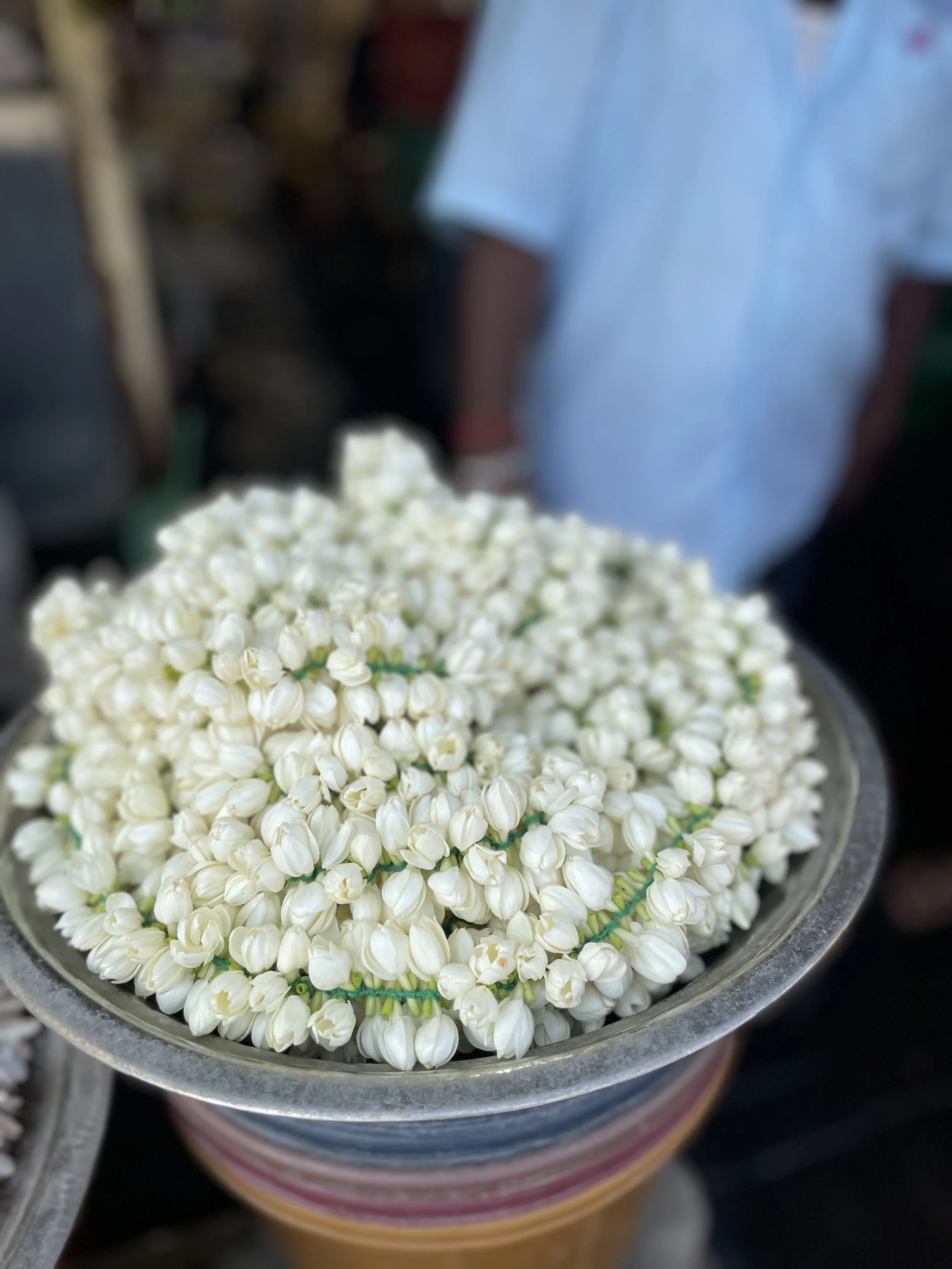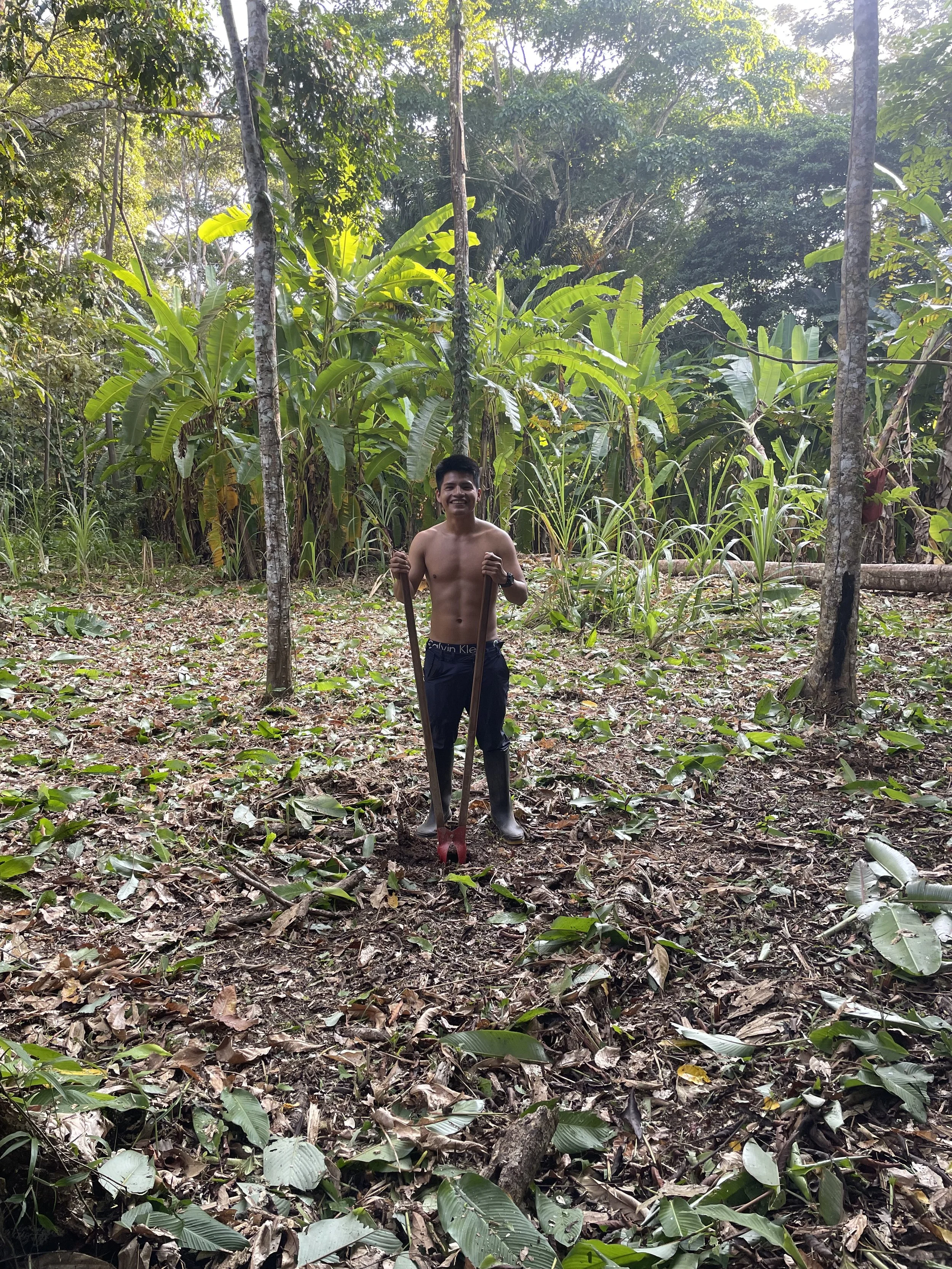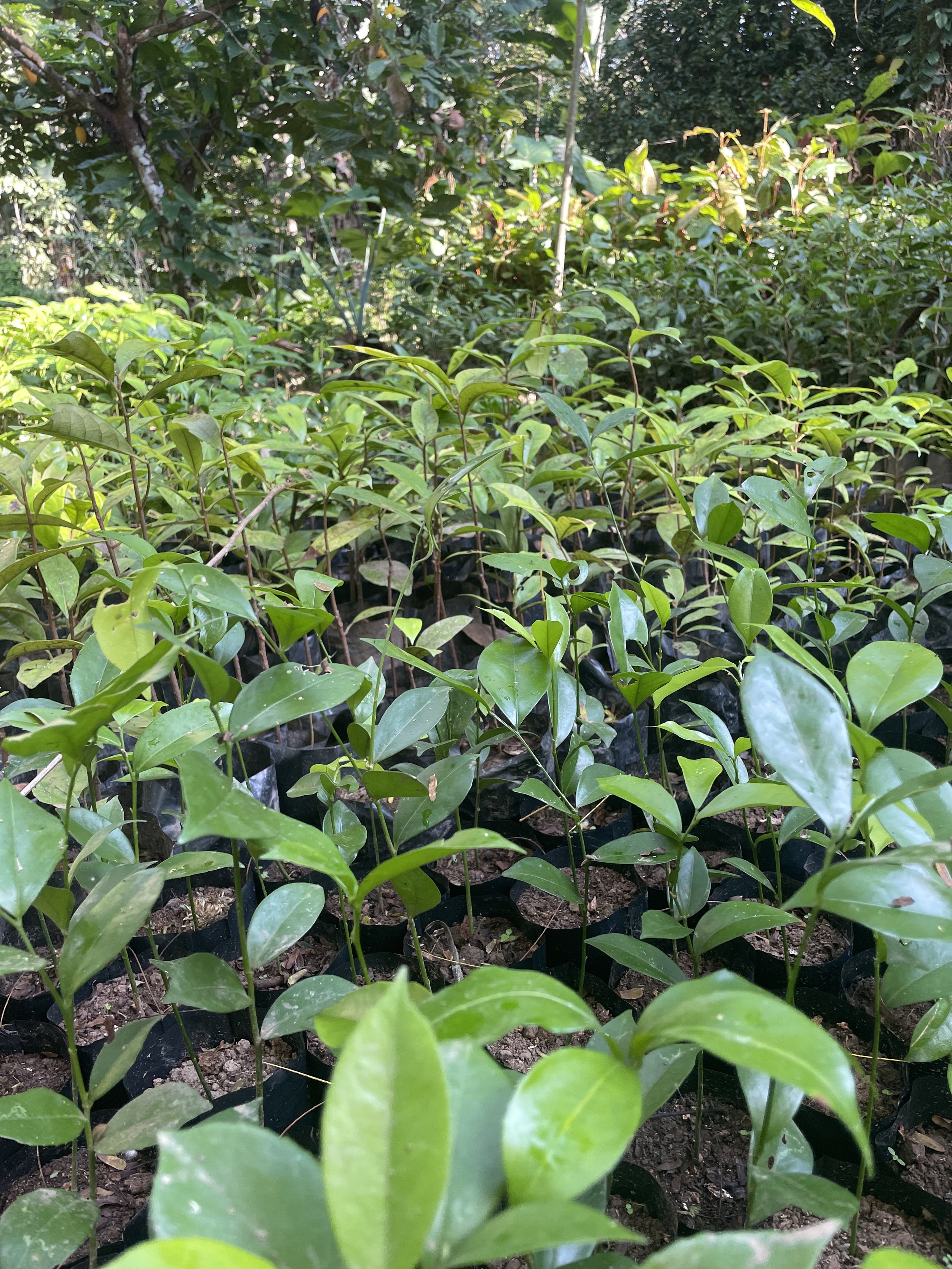Cultivating Connection: A Commitment to Ethical Sourcing and Community Empowerment
At Scent Molecule, we honor the plants, traditions, and people who bring our essential oils to life. Prashanti, our founder, personally visits the distillers and growers we partner with, forming bonds based on respect for the Earth. Sourcing from diverse regions including Australia, Rwanda, India, Peru, France, Oman, and Somaliland, we collaborate with those who are deeply committed to ethical practices and the well-being of both their communities and the land.
To bring radical transparency to every step of our supply chain, some of our suppliers use blockchain technology, ensuring each essential oil’s journey is traceable, especially for botanicals on the IUCN Red List. This allows us to honor the preciousness of each resource while ensuring accountability from origin to final product. For species like rosewood, requiring particular protection, we’ve secured a CITES certificate, underscoring our dedication to sustainable sourcing and conservation.
Our partnerships provide meaningful income for individuals and families, creating opportunities that go beyond fair wages. For many, this work sustains traditional skills passed down through generations. By supporting local economies, we help communities thrive, invest in their futures, and continue to honor their land and cultural heritage.
We are committed to nurturing future partnerships with the same high standards. Our growth is intentionally slow and measured, bringing only the most ethical, sustainable supply chains into the Scent Molecule family. Each new relationship is carefully chosen to reflect our values of sustainability, transparency, and respect for people and the Earth. Through long-term partnerships, we ensure each oil embodies the spirit of its origin, crafted with integrity and reverence for the land and those who care for it.




















